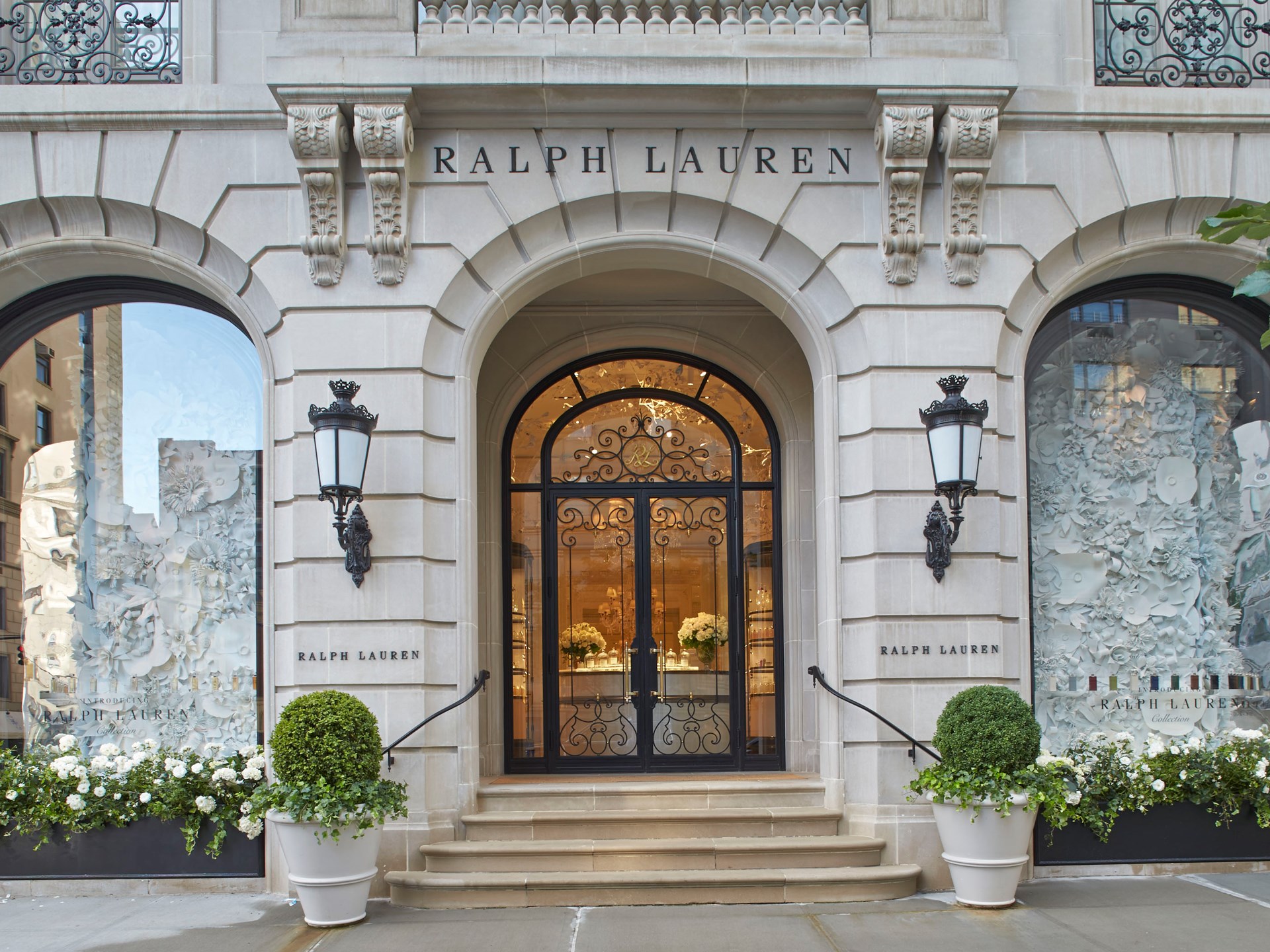In a nutshell, we bought the stock because it was obvious that the company was in trouble. The portfolio managers' assessment was that the company had to, and would, deal with these problems – and succeed.
Two key figures speak volumes: Over the last five years, sales had fallen by three per cent, while inventory was up by 39 per cent. Seasonal goods had to be sold off at a heavy discount and a lot of capital was tied up. The company therefore implemented measures to reduce inventory and to shorten the lead time from production to finished product. Several stores were closed down.

Towards the end of May 2018, Ralph Lauren released the fourth quarter and full-year 2017 report. The market cheered and sent the stock up by 15 per cent, much because the problems seemed to be under control. Inventories had fallen sharply, while lead time was down from 15 to 9 months. This increased the turnover of capital and not least the gross margin, which reached a historic peak. In other words, our investment hypothesis had actually already played out.
Then what do you do? You sell. Ordinarily, stocks may stay in our portfolio for several years, but there was good reason to sell: The share had reached the managers' estimate of underlying value and hence, in their assessment, there was little more to be gained – and after all, they had already collected quite a bit. Adjusted for dividends, the share had risen by about 70 per cent and contributed to 2.5 percentage points of the fund's return.
Apparently, they were not alone in their assessment that much of the potential had been taken out. The share ended the year almost 20 per cent below the fund's exit price.
The article is an excerpt from our 2018 Annual report.
Historical returns are no guarantee for future returns. Future returns will depend, inter alia, on, market developments, the portfolio manager's skill, the fund's risk profile, as well as fees for subscription, management and redemption. Returns may become negative as a result of negative price developments.

